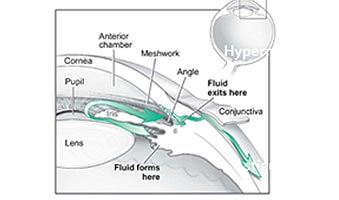
In a normal eye, a clear transparent fluid called ‘aqueous humor‘ is secreted and continuously drained out via microscopic channels inside the eye and then into the blood vessels. If these vessels are blocked due to any reason, the fluid starts accumulating within the eye and pressure starts building up. If this pressure is not controlled, it causes damage to the optic nerve of the eye, leading to blindness.
Dr. Niteen Dedhia explains Glaucoma
Whenever we look at an object, the image of that object falls on the retina (neurosensory layer of the eye). From there, it is carried to the brain via the optic nerve. The optic nerve is like an electric cable with millions of nerve fibers. With increase of pressure within the eye, these nerve fibers die, resulting in damage to the optic nerve. This is usually not noticed by the patients until the damage becomes quite advanced. However, an eye specialist can diagnose it by some special tests like:
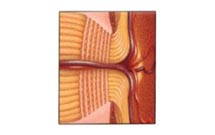
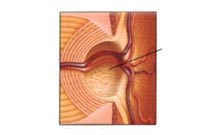
Glaucoma can be of many types depending on cause and mechanism of the disease. It can be broadly divided into the following categories:
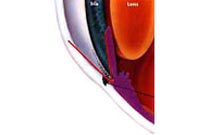
1. ‘Chronic simple glaucoma‘ or ‘Open Angle Glaucoma‘ It is the most common type where the loss of vision is gradual and painless. Usually it is detected when patients come to the eye doctor for a routine eye check up.
It is advisable to have your eyes examined by an eye specialist after forty years of age especially if you have a family history of glaucoma.
2. ‘Acute / Closed Angle Glaucoma‘ In certain individuals, the angle from where fluid drains from the eye is genetically narrow. It can be blocked suddenly due to many reasons resulting in sudden increase in eye pressure. It usually occurs in one eye at a time causing some of the following symptoms.
3. ‘Secondary Glaucoma’ The intra-ocular pressure in the eye can increase secondary glaucoma due to
4. ‘Congenital Glaucoma’ It is a hereditary condition often present at birth or occurring within the first few years of life. In congenital glaucoma, the drainage channels in the eye are defective from birth itself.
Surgery is suggested as a treatment.
Anyone can get glaucoma. But people with certain characteristics are more likely to get it than others. These characteristics that add to the risk factor include:
Once diagnosed, a glaucoma patient needs periodic eye check-up
The aim is to reduce the eye pressure to a level that will not cause damage to the optic nerve. This prevents further loss of vision but the damage already done cannot be reversed.
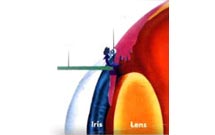
Laser iridotmy This procedure is done for acute or narrow angle glaucoma with laser. A ‘hole’ or opening is made in the iris to relieve the blockage of the drainage channels.
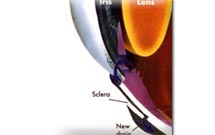
Laser trabeculoplasty This is useful in open angle glaucoma cases. Here the laser is used to open the blocked passages in the eye, thereby facilitating the aqueous fluid from within to reach the outside of the eye.
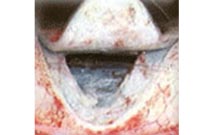
Surgery for Glaucoma or Trabeculectomy It is an operation where an additional channel is created surgically to drain the excess fluid bypassing the abnormally blocked channels. It is useful for most types of glaucoma.
Iridotomy trabeculectomy The best defense against glaucoma is a regular eye check–up, especially after the age of forty.
All adults should have a regular eye checkup especially if they belong to families with a history of glaucoma.
Timely diagnosis can prevent glaucoma blindness.
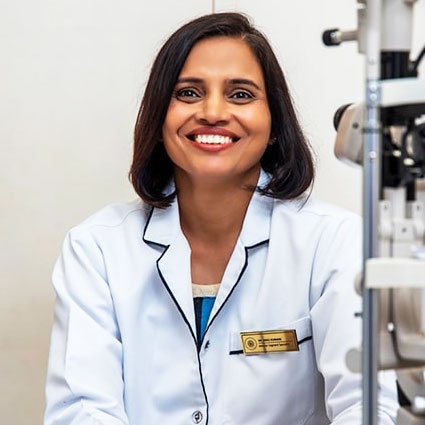
M.B.B.S. , M.S. (Ophth)
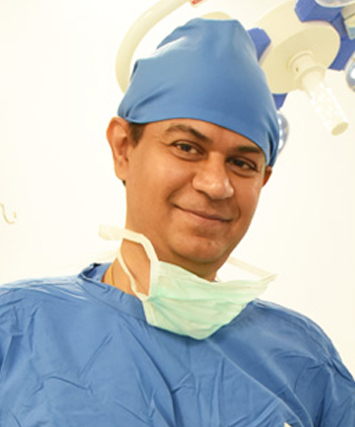
M.S. (Ophth), D.O.M.S (Bom), M.BPresident of Bombay Ophthalmic Association (2012-2013)
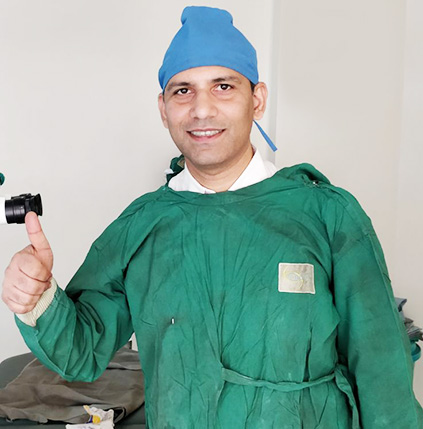
DNB(Ophthalmology) M.B.B.S. FICO (London, UK) FAEH (Cornea)
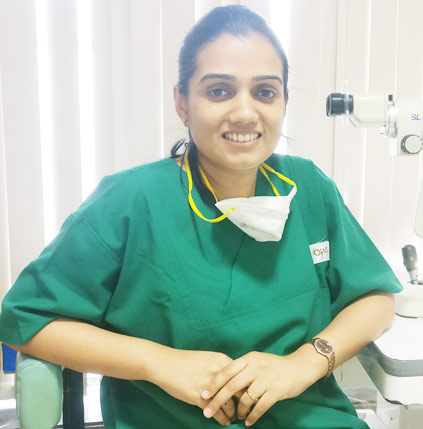
MBBS, MS, DNB ( Ophthal ), FICO, FCRS Cornea and Cataract Specialist
Copyright © 1987-2024 Ojas Eye Hospital All rights reserved | Privacy Policy
*Disclaimer: All information on www.lasikindia.com for informational purposes only and is not intended to be a substitute for professional medical advice, diagnosis, or treatment. Always seek the advice of your physician or other qualified health care provider.